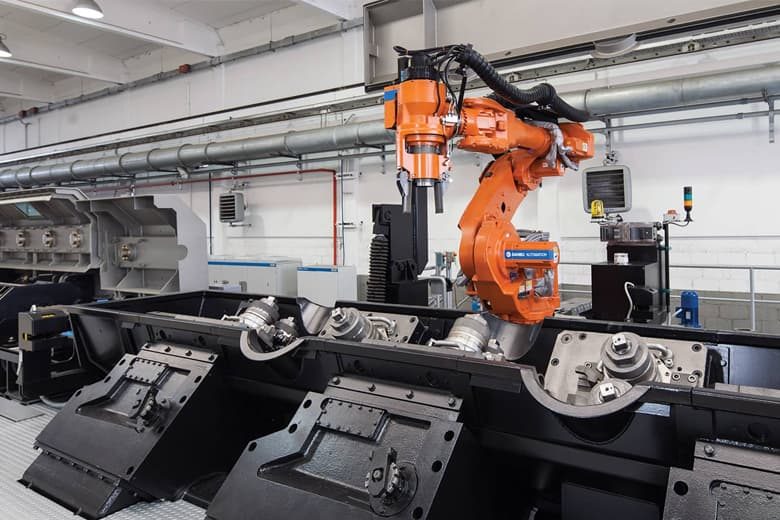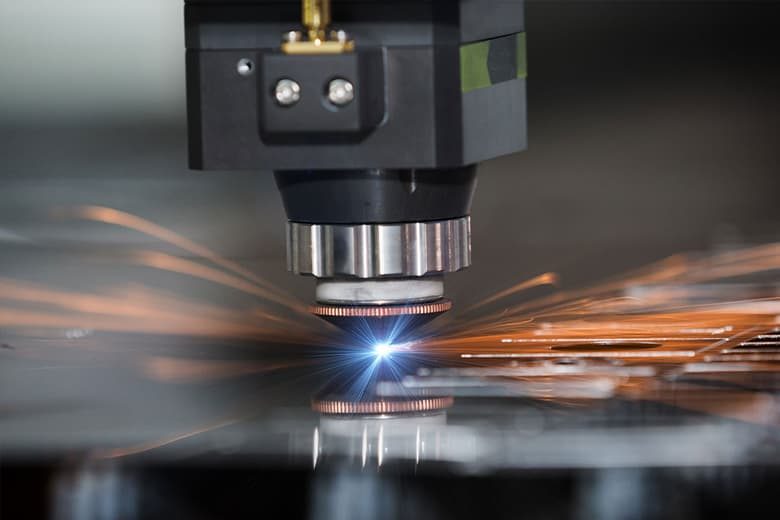If the product is not made of steel, it is likely to be produced by a machine made of steel. Steel is all around us, your car, your cell phone, your fridge, and even the plastic and glass bottles in your fridge – they are either made of steel or made with steel tools. Plastic auto parts, glasses, and computer cases are all made using steel molds. Steel is essential in our modern world.
Application of steel in the machinery industry

What is "tool steel"?
- Cold work tooling is the forming and creation of products made of cold materials. Punching, drawing, forming, pressing and extrusion are just some of the applications used. The door of your car is likely made by a press using cold work steel and so is the stainless steel in your kitchen white goods.
- Hot work tooling: these steels must be heat resistant and must not melt or be deformed by extreme heat. Typical applications are die casting, forging, extrusion, and hot stamping.
- Plastic molding shapes plastic parts for everyday products such as bottles, casings for TVs, telephones, and, well, nearly every plastic object in your surroundings. These steels are responsible for the look and feel of the parts. The surface of the tool has to be “defect free”, which requires special processes in the melt shop. Without plastic extrusion, blow molding, and injection molding, our homes would look quite different.

Benefits of using steel in the machinery
- Contains recycled steel and is endlessly recyclable
- Is strong
- Safe
- Durable
- Cost efficient
- Remanufacture-friendly
- Enables the production and distribution of other materials
- Stainless Steel Sheet
- Stainless Steel Plate
- Stainless Steel Tube
- Stainless Steel Pipe
- Stainless Steel Bar
- Stainless Steel Rod
- Stainless Steel Coil
- Stainless Steel Strip
- Stainless Steel Angle
- Stainless Steel Flat Bar
- Stainless Steel Channel
- Stainless Steel Wire
- Stainless Steel Wire Mesh
- Stainless Steel Rectangular Tube
- Stainless Steel Cable
- Stainless Steel Threaded Rod
Get The Solution
We offer our customers the opportunity to increase profitability by meeting their just-in-time production schedules and offering customized services to meet end-user-specific requirements. Posco Group has always been committed to improving customer service and product quality and providing high-value solutions for customers’ businesses. Satisfying the needs of customers is our daily work goal!

